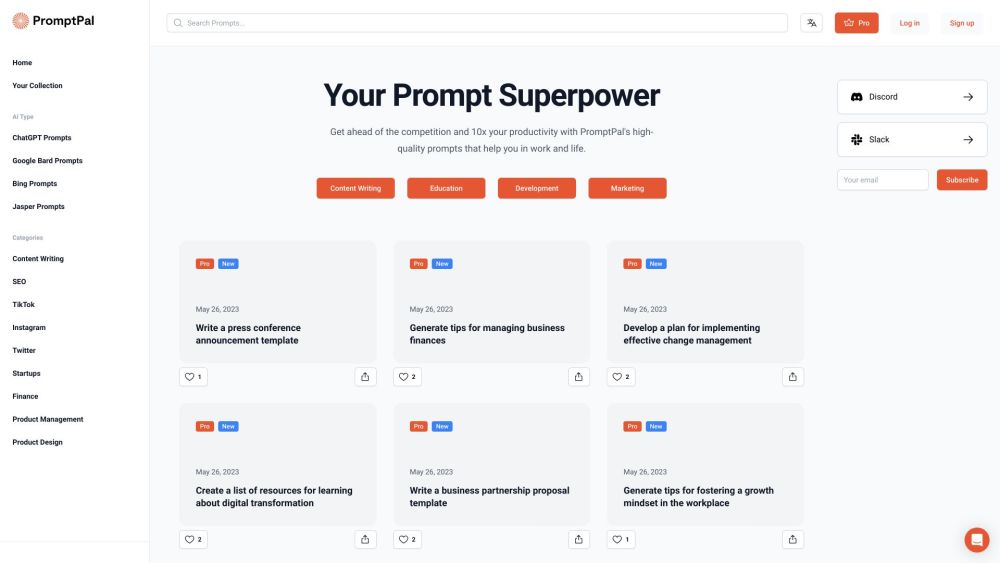Accenture unveiled its 2024 Technology Vision at CES 2024 today, emphasizing the pivotal role of AI in shaping our future.
The vision, titled Human by Design: How AI Unleashes the Next Level of Human Potential, presents an optimistic perspective that departs from dystopian narratives about technology's harmful effects. Introduced at the major tech trade show in Las Vegas, this report forecasts a transformative shift in humanity's relationship with technology.
A stark contrast to the unsettling portrayals of humans in dystopian futures—hunched, pale, and detached from the real world—this vision seeks to redefine our connection with technology, advocating for designs that enhance our human experience instead of diminishing it.
Accenture asserts, “The future doesn’t have to align with these grim artistic visions. By reshaping our relationship with technology, we can amplify the qualities that define us as human.”
At its core, this vision posits that emerging technologies will enhance human potential, creativity, and productivity rather than replace or control it. Innovations such as autonomous agents, intelligent interfaces, spatial technologies, and brain-computer interfaces are set to drive this transformative change.
Despite our historical reliance on tools to overcome limitations, Accenture highlights a crucial gap: these tools often lack a human touch, leading to negative consequences, such as health issues caused by prolonged usage. For example, while automobiles have vastly improved mobility, they also introduce distractions; constant screen time can lead to vision problems, and reliance on navigational tools can disrupt driving focus.
The disconnect extends beyond physical health, impacting our environments. Homes and offices, while optimized for connectivity, can compromise air quality and overall well-being.
A Turning Point
AI is increasingly being integrated into the strategies of major companies, signaling a significant shift in technology's trajectory toward a more human-centric approach. This change is evident in intuitive designs and user-friendly interfaces that enhance our interaction with technology.
Generative AI stands out as a key player in this evolution. Accenture cites Adobe’s AI-driven Photoshop features, which simplify image manipulation through text prompts, showcasing how generative AI can elevate human creativity and democratize access to specialized knowledge.
The vision highlights groundbreaking applications across various sectors. For instance, Google Cloud’s generative AI search tool transforms healthcare data accessibility, while MIT’s FrameDiff tool innovates synthetic protein structures for drug development.
AI's integration into robotics also reflects this transformation. Boston Dynamics’ Atlas robot not only replicates human movement but can now engage in social interactions using natural language.
Accenture’s report underscores the impending fusion of technology and human traits, promising exceptional productivity and value creation across industries.
However, this shift brings forth ethical challenges. As technology increasingly mirrors human capabilities, questions around AI's impact on creativity, job displacement, and societal isolation arise. Companies must navigate these dilemmas, prioritizing responsible innovation while balancing growth and ethics.
In summary, Accenture’s Technology Vision 2024 heralds a future where technology and humanity converge to unlock extraordinary potential. It calls on enterprises to champion ethical, human-centric advancements that harmonize innovation with social responsibility.





